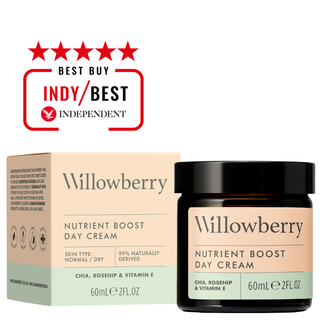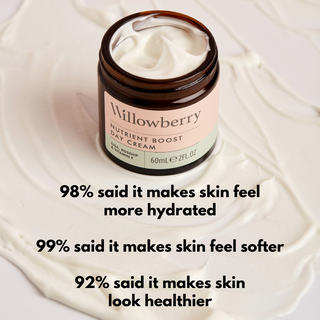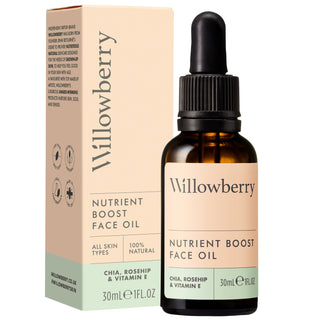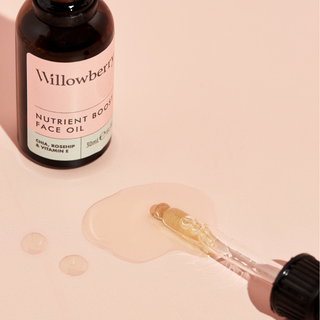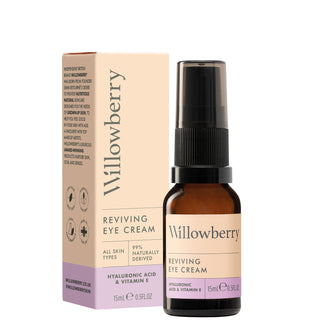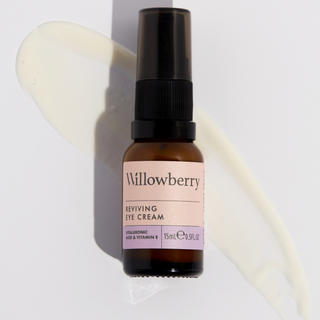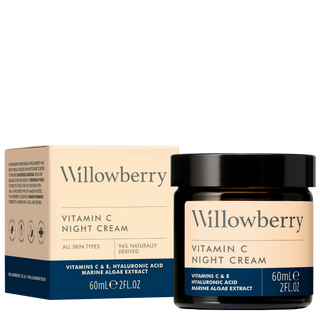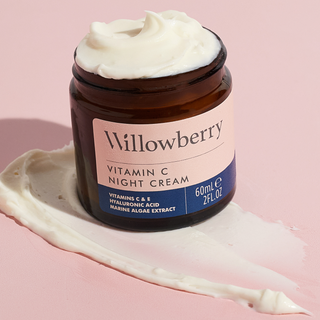Tight, itchy and rough to touch, dry skin is experienced by 60 to 70 percent of the population at some point in their lives. Make-up doesn't sit as well, the complexion looks dull and it can lose that healthy glow. While we slather on hydrating creams and drink our body weight in water, skin experts have revealed that sometimes skin may not be dry after all; it could be dehydrated instead.
Confused? We don't blame you. Although dry and dehydrated can easily be thought of as the same thing, when it comes to out complexion they need to be treated differently, as dry skin is a skin type and dehydrated skin is a condition (usually temporary). Typically, dry skin has a lack of oil-producing glands whereas dehydrated skin has a lack of water, not oil. This is why, rather contradictory, oily skin can still be dehydrated and dry skin can still have blemish breakouts.
To determine which category your skin falls into, dermatologists ask that we think about the length of time we've noticed a change, as dry skin tends to be more long-term due to the lack of natural sebum and lipids it needs within skin to retain moisture. Dehydrated skin, however, can be caused by pollution, diet, cold weather and other environmental aggressors that zap our complexions of water. Both dehydrated and dry skin have similar characteristics - flaky, tight, dull, red, for example, but need different treatments to help combat the problem.
The solution
For dry skin, opt for oil-based skincare products to help combat the lack of natural oil within the skin. Face oils and balms are great options, which will help to nourish the skin and bring back that glow.
Also look at the ingredients of your skincare; ingredients such as alcohol denat, salicylic acid and some harsh chemical preservatives in particular can exasperate the problem. Upping the antioxidants in your regime to include ingredients such as rosehip oil, chia seed oil and vitamin E (all found in Willowberry products) can help strengthen a compromised skin barrier, boost collagen production and act as an anti-inflammatory.
For dehydrated skin, opt for water-based skincare products to up your hydration levels, such as creams, lotions, serums and gels. The aim is to not only hydrate skin, but lock that moisture in in the most effective way. Hyaluronic acid is a great ingredient to look out for, as it will not only pull water from the environment but it will also hold the hydration in, as it can hold up to 1,000 times its own weight in water. Try Willowberry's Nutrient Boost Day Cream which contains hyaluronic acid alongside vitamin E, antioxidants and essential fatty acids, to help protect skin's natural barrier function.
Finishing your daily routine with a face SPF can not only stop harmful and drying UV rays, it also acts as a shield for pollution, blue light and environmental irritants that can be the cause of dehydrated skin.
For both dry and dehydrated skin, consuming more water is key. While it may seem obvious, if the outermost layer of the epidermis doesn't get enough water, it will lose elasticity and your skin barrier will become vulnerable. Herbal tea and water-rich foods also count and will benefit your skin no end. Lastly, lightly exfoliate skin a couple of times a week with a flannel to slough off any dead skin and allow your skincare to absorb more readily.
Article by Jessica Harris
Willowberry is 'Nutritious Natural' skincare for grown-ups for your best skin. Loved by top make-up artists and facialists, Willowberry's luxurious award-winning products protect skin’s natural barrier function, to nourish and transform grown-up skin. As seen in Vogue, Independent, The Telegraph, This Morning and more.


